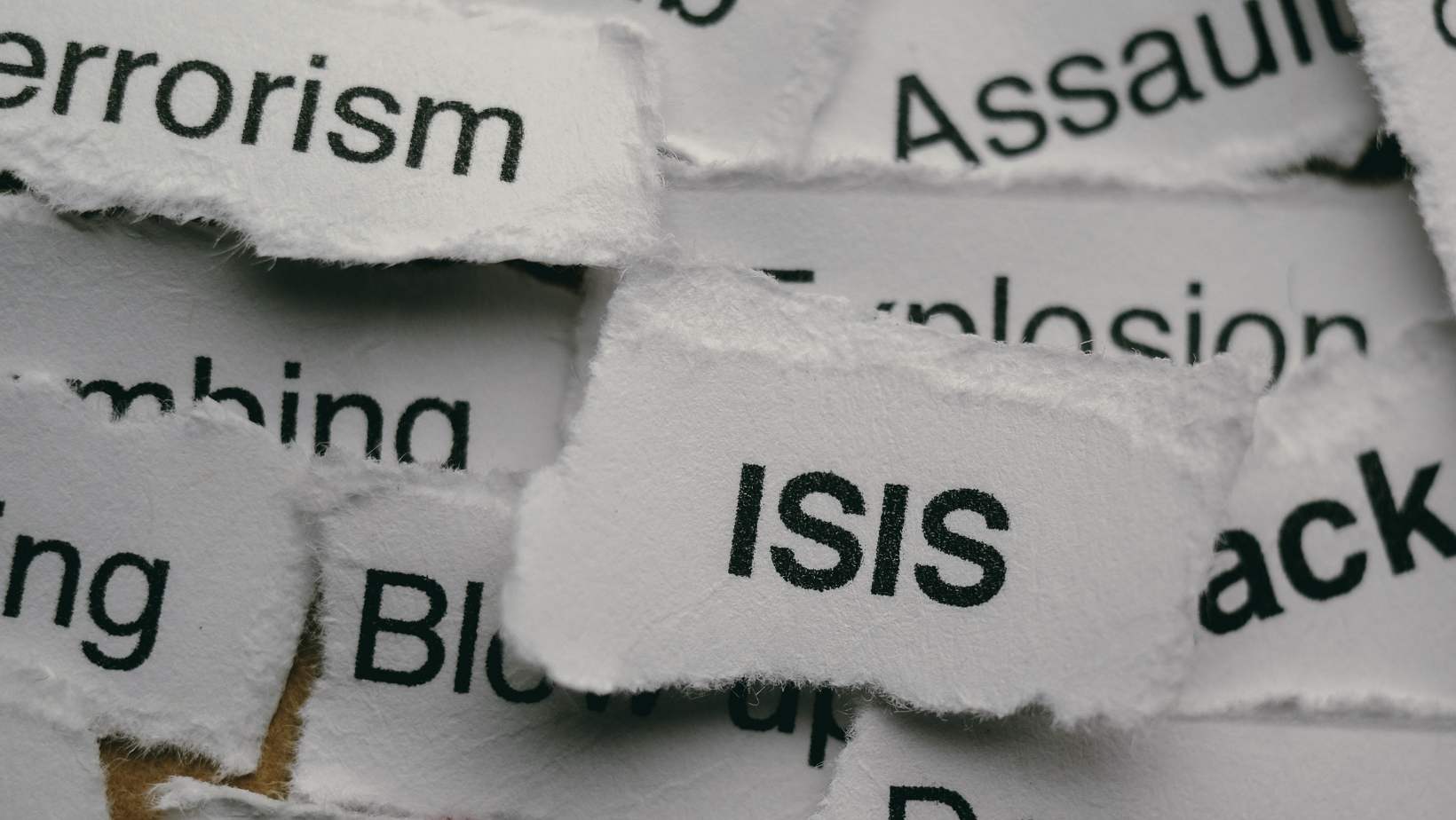The Ongoing Impact of Terrorism
While the immediate devastation of a terrorist attack is often the focus of media attention, the long-term effects on survivors and their communities can be just as profound. Many victims face a long road to physical and emotional recovery, often struggling with injuries, trauma, and grief for years after the event.
Physical Challenges
Survivors of terrorist attacks may be left with serious injuries, disabilities, or chronic health conditions that require ongoing medical treatment and support. Access to quality healthcare, rehabilitation services, and assistive devices can be critical for helping these individuals rebuild their lives and regain their independence.
Emotional Trauma
The psychological impact of experiencing or witnessing a terrorist attack can be severe and long-lasting. Many survivors struggle with post-traumatic stress disorder (PTSD), anxiety, depression, and other mental health challenges. Providing access to counseling, therapy, and support groups is essential for helping these individuals process their experiences and develop coping strategies.
Financial Hardship
In addition to the physical and emotional toll, terrorism can also have a devastating financial impact on victims and their families. Medical bills, lost wages, and other expenses related to the attack can quickly add up, leaving many struggling to make ends meet. Financial assistance programs and compensation funds can provide vital support during this difficult time.
Building a More Resilient Future
While we can never fully erase the pain and trauma caused by terrorism, we can work together to build a world that is more resilient, more compassionate, and more committed to peace. Here are a few ways we can honor the victims of terrorism and strive for a better future:
- Support organizations that provide assistance and advocacy for victims of terrorism, both locally and globally
- Promote education and dialogue aimed at fostering understanding, tolerance, and nonviolence across different communities and cultures
- Advocate for policies and programs that prioritize the needs and rights of victims, including access to healthcare, mental health support, and financial assistance
- Participate in remembrance ceremonies and events that honor the lives lost to terrorism and stand in solidarity with survivors and their families
By coming together in remembrance and resolve, we send a powerful message that the voices of victims will not be silenced, and that their lives and experiences will never be forgotten. We reaffirm our shared commitment to building a world where terror and violence have no place, and where every human being can live in dignity, safety, and peace.
On this International Day of Remembrance and Tribute to the Victims of Terrorism, let us honor those who have suffered unimaginable loss, and let us work towards a future where such suffering is a thing of the past. Through our collective efforts and unwavering determination, we can create a brighter tomorrow for all.
